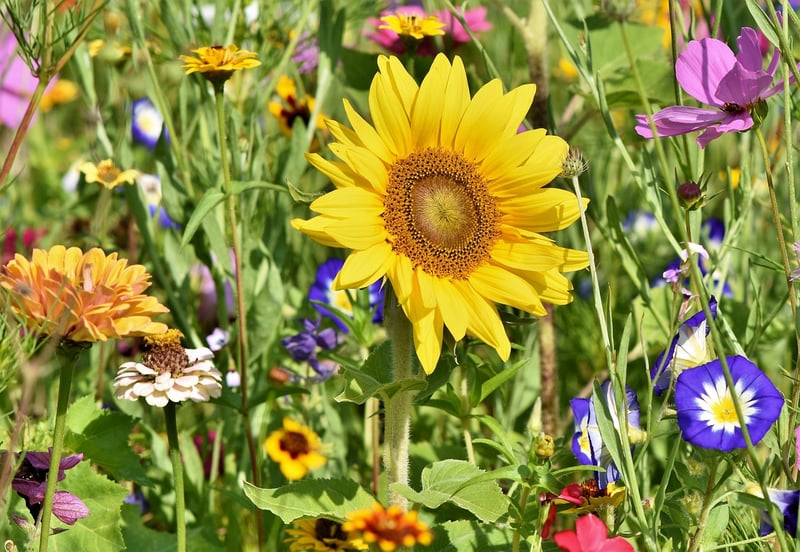Soil Tips
#Light requirements
#Watering
#Soil composition
Tips for Successful Plant Growth and Soil Care
Introduction
For all plant enthusiasts, ensuring successful growth and maintaining healthy soil are essential aspects of gardening. Here are some valuable tips to help you achieve optimal plant growth and care for your soil.
Tips for Successful Plant Growth
- Choose the Right Plants: Select plants that are suitable for your climate and environment to ensure they thrive.
- Provide Adequate Water: Water your plants consistently, ensuring they receive the right amount of hydration without overwatering.
- Ensure Sufficient Sunlight: Place your plants in areas where they can receive adequate sunlight based on their specific sunlight requirements.
- Regular Pruning: Trim your plants regularly to promote healthy growth and prevent overcrowding.
- Use Quality Fertilizers: Choose fertilizers that are suitable for your plants and apply them according to the instructions for optimal results.
- Monitor for Pests and Diseases: Inspect your plants regularly for any signs of pests or diseases and take appropriate measures to address them promptly.
- Rotate Plants: Rotate your plants periodically to ensure even growth and prevent depletion of nutrients in the soil.
Soil Care Tips
- Test Your Soil: Conduct soil tests to determine its pH level and nutrient content, allowing you to adjust accordingly.
- Improve Soil Structure: Use organic matter such as compost to enhance soil structure, water retention, and nutrient availability.
- Avoid Compaction: Minimize soil compaction by not walking on planting beds and using raised beds if necessary.
- Mulch Regularly: Apply mulch to your soil to retain moisture, suppress weeds, and regulate soil temperature.
- Practice Crop Rotation: Rotate your crops each season to prevent nutrient depletion and reduce the risk of pests and diseases.
Conclusion
By following these tips for successful plant growth and soil care, you can create a thriving garden filled with healthy, vibrant plants. Remember to tailor your approach based on the specific needs of your plants and soil to achieve the best results.


